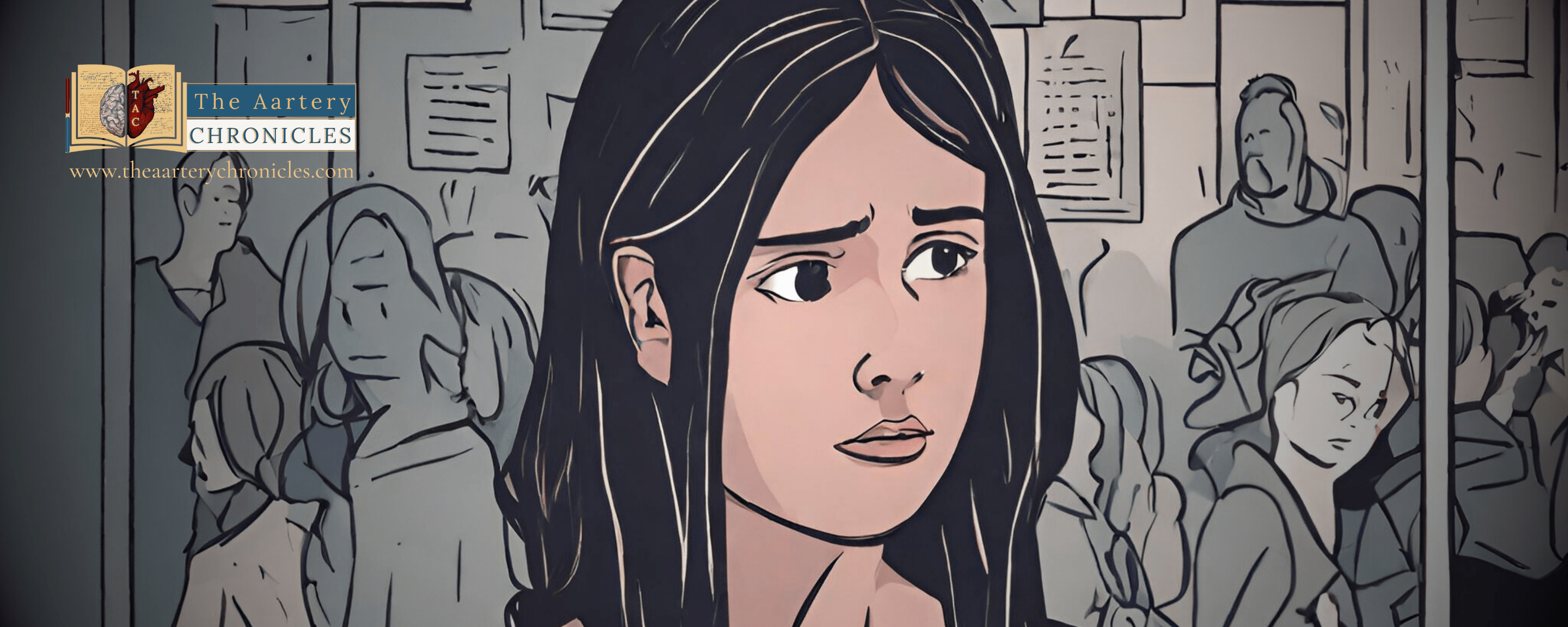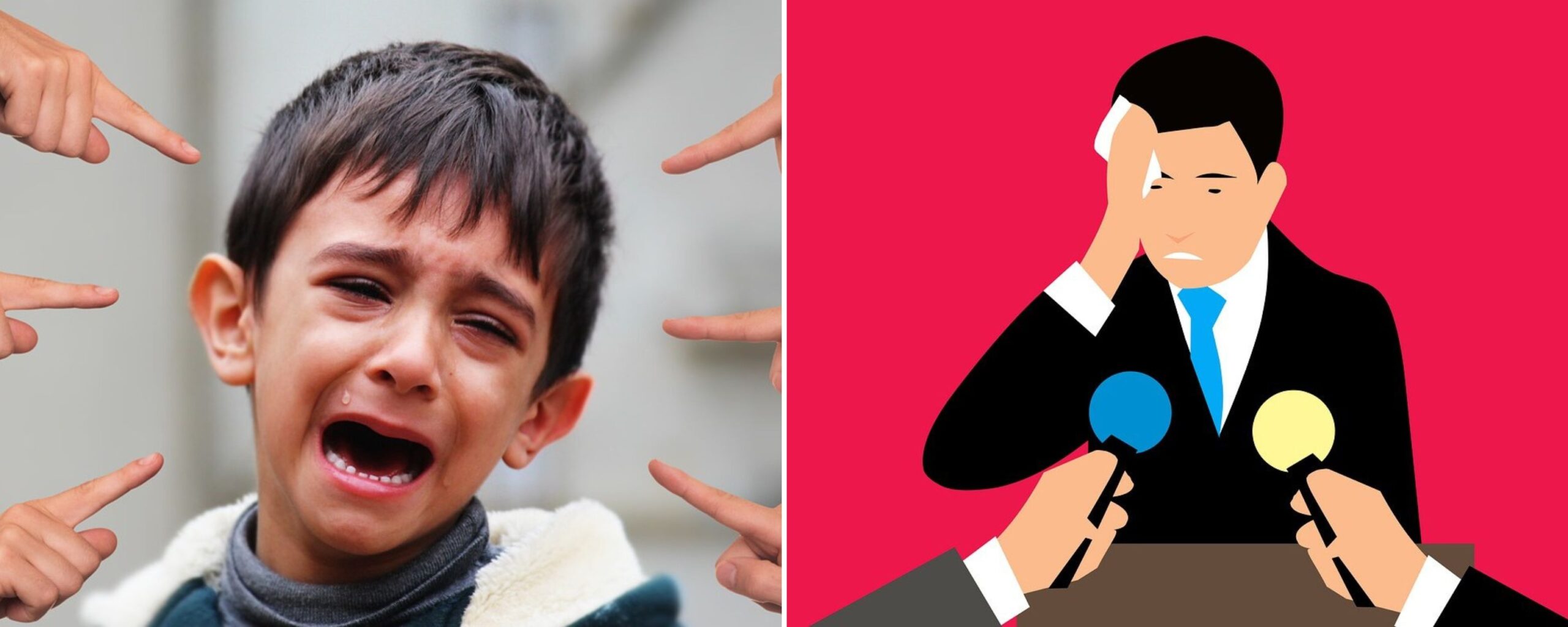

Navigating the Social Seas: Understanding and Overcoming Social Anxiety
In a world that thrives on social interactions, the experience of social anxiety can cast a shadow on the simplest of social situations. Social anxiety disorder, characterized by an overwhelming fear of judgment and negative evaluation in social settings, affects millions of people worldwide. This blog aims to shed light on social anxiety, its causes, symptoms, and, most importantly, strategies for overcoming its challenges
Understanding Social Anxiety
Social anxiety is more than just feeling shy or nervous in social situations; it’s an intense fear that can disrupt daily life. Individuals with social anxiety may fear scrutiny, embarrassment, or negative judgment, leading to avoidance of social events. Understanding that social anxiety is a legitimate mental health condition is the first step toward addressing its impact.
Stars Breaking the Silence: Celebrities Opening Up About Social Anxiety
In a world where the spotlight shines bright, even the stars themselves grapple with the shadows of social anxiety. Celebrities like Adele, Emma Stone, and Zayn Malik have bravely shared their journeys, shedding light on the challenges they face beyond the glitz and glamour. Their openness not only humanizes the high-profile struggle but also inspires a broader conversation about mental health. Explore how these well-known figures navigate the intricate dance between fame and social anxiety, proving that vulnerability knows no celebrity status.

Causes and Triggers of Social Anxiety
Social anxiety can stem from a combination of genetic, brain chemistry, and environmental factors. Traumatic social experiences, such as bullying or rejection, can contribute to its development. Identifying personal triggers is crucial for managing social anxiety effectively
Types of Social Anxiety Disorder
Social Anxiety Disorder (SAD), also known as social phobia, encompasses various types of anxieties related to social situations. These can manifest in different ways, and individuals may experience a combination of these types.
Here are some common types of Social Anxiety Disorder:
- Performance Anxiety: Fear of performing or speaking in front of others such as during public speaking, giving presentations, performing on stage.
- Interaction Anxiety: This type of anxiety is related to social interactions and conversations. It is observed during talking to strangers, engaging in small talk, or while participating in group discussions.
- Observational Anxiety: It includes fear of being watched or judged by others in situations such as eating in public, writing or working in the presence of others, or being the center of attention.
- Interpersonal Anxiety: This anxiety is related to forming and maintaining relationships such as anxiety during dating, making friends, or attending social events.
- Generalized Social Anxiety: It is widespread anxiety across various social situations such as during everyday social encounters, both formal and informal.
- Specific Social Phobias: Fear related to specific situations or stimuli like fear of public restrooms, fear of public transportation, or fear of certain social events.
- Performance Avoidance: Avoiding situations where one might be the focus of attention. There is a tendancy of skipping events, avoiding responsibilities that involve public exposure.
It’s important to note that individuals may experience a combination of these types, and the severity of social anxiety can vary widely among individuals. Social anxiety exists on a spectrum, ranging from mild to severe. Here’s a general overview of how severity may be assessed:
- Mild Social Anxiety: Individuals with mild social anxiety may experience discomfort or nervousness in specific social situations. The anxiety may not significantly interfere with daily functioning, and individuals can often manage it with some effort.
- Moderate Social Anxiety: Moderate social anxiety may involve increased distress in various social scenarios. Daily functioning may be impacted to a noticeable extent, and individuals may find it challenging to engage in certain activities without significant discomfort.
- Severe Social Anxiety: Severe social anxiety is characterized by intense fear and avoidance of social situations. Daily life may be significantly disrupted, leading to avoidance of work, school, or social events. Relationships and overall quality of life can be greatly affected.
- Generalized Social Anxiety Disorder (G-SAD): G-SAD involves pervasive and intense anxiety across a broad range of social situations. Individuals with G-SAD may experience severe impairment in various aspects of their lives, and seeking professional help is often crucial for effective management.
Symptoms of Social Anxiety
Recognizing the symptoms of social anxiety is key to seeking help.
- Physical symptoms may include trembling, sweating, blushing, and an increased heart rate.
- On a cognitive level, persistent negative thoughts and an overwhelming fear of humiliation may dominate one’s mindset in social situations.

Coping Strategies for Social Anxiety
- Gradual Exposure: Gradual exposure to feared social situations allows individuals to confront and overcome their anxiety. Start with small, manageable steps and progressively challenge yourself.
- Cognitive Behavioral Therapy (CBT): CBT is a proven therapeutic approach for social anxiety. It helps individuals identify and change negative thought patterns and behaviors associated with social situations.
- Mindfulness and Relaxation Techniques: Incorporating mindfulness and relaxation techniques, such as deep breathing and meditation, can help manage the physical and emotional aspects of social anxiety.
- Positive Affirmations: Cultivating positive self-talk and affirmations can counteract negative thoughts, boosting self-esteem and confidence.
- Social Skills Training: Developing and refining social skills through training can enhance comfort and confidence in various social settings.
"Social anxiety is not a flaw... it's a challenge waiting to be understood and conquered, a journey towards personal growth and self-compassion."
Conclusion
Living with social anxiety doesn’t mean resigning oneself to a life of isolation. By understanding the condition, recognizing its causes and triggers, and implementing effective coping strategies, individuals can reclaim control over their social lives. Seeking support from mental health professionals, friends, and family can make the journey toward overcoming social anxiety more manageable. Remember, you are not alone, and there is hope and help available.

TAC Desk
- Medicine and Diseases
- Nutrition and Diet
















